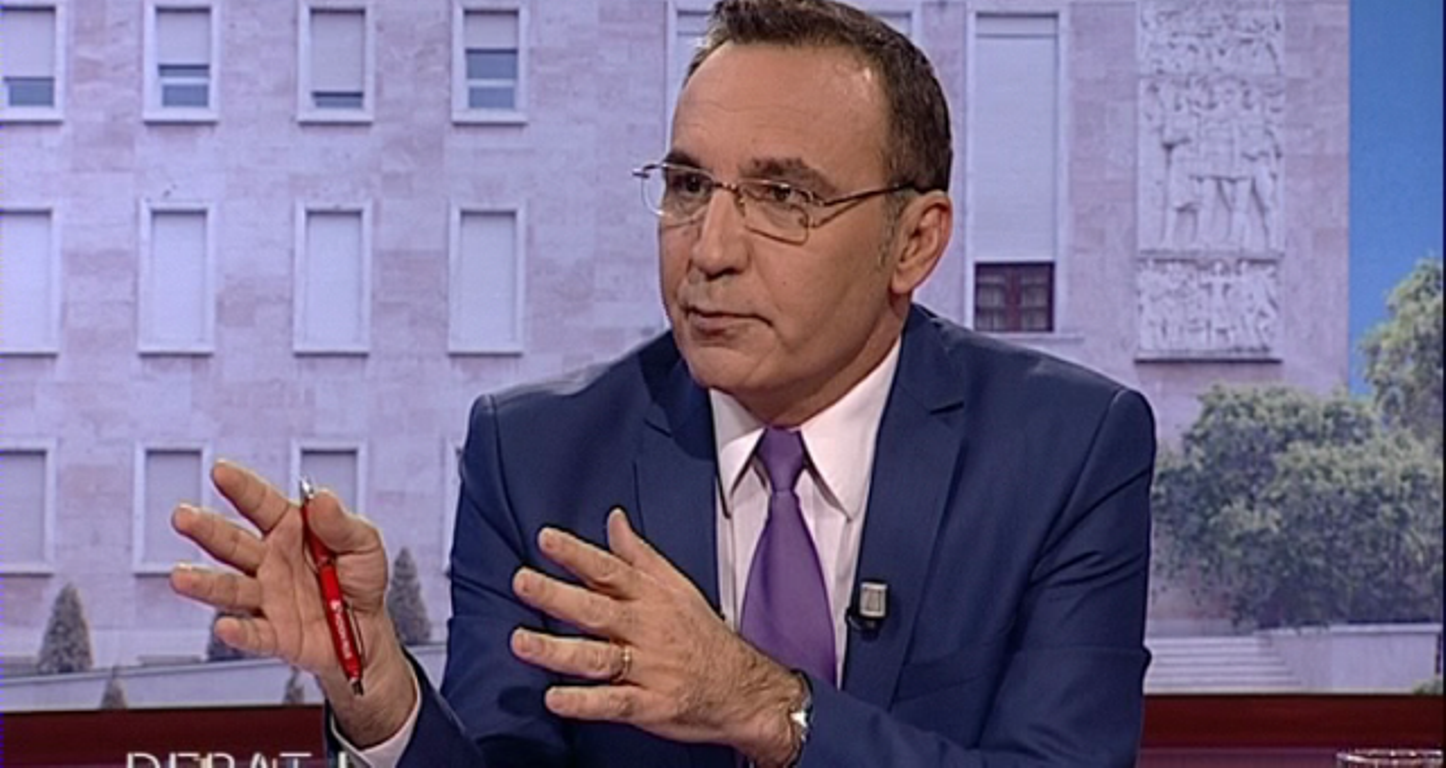
This article has been written for Albanian Free Press newspaper and www.albanianfreepress.al
By Eduard Zaloshnja
Arthur Finkelstein was the first American political consultant who applied the “rejectionist voting” strategy. Starting his career as Barry Goldwater’s consultant in the mid ‘60s, he later led the electoral campaigns that brought into power Nixon and Regan in the US, Netanyahu in Israel and quite recently, Orban in Hungary (Note: In the 2000s, Finkelstein was also Edi Rama’s electoral consultant).
After conducting a deep study of electoral results and political polls, Finkelstein came to the conclusion that when elections are held, it’s pointless for a political party to waste money and energy in an effort to increase its number of voters. Instead, he suggested that the opponent should be disparaged in order to reduce his votes. According to him, it would be easier to convince the opponent’s supporters to reject him (by not voting) rather than convince them to vote for you. Meanwhile, Finkelstein maintained that your voters are happy when the opponent is demonized.
Perhaps, without even knowing about Finkelstein’s existence, Berisha was the best executor of his strategy since the very beginning of his political career. Meanwhile, this strategy was also applied by all important politicians of the past three decades in Albania.
This brings us to the February 16 protest, which the DP leader, Lulzim Basha considers it to be the protest which will overthrow Rama’s government. In fact, no protest of the past two decades has managed to overthrow a government in Albania. After they saw what happened in 1997, no western chancelleries have encouraged protesting in Albania (for instance, on 14 September 1998, the DP took control of almost all institutions in the country, but it was later forced to withdraw following the pressure exerted by the West).
Chances are that the protest that will be held on February 16 will not be able to overthrow Rama’s government either, ending up like all other protests held in the past two decades. However, this protest will help the opposition to demonize Rama. While this protest is held immediately after the major cabinet reshuffle, the message that it will try to offer is that the biggest problem for the country is Rama himself and not the ministers. According to the opposition, if Rama continues to be in power, corruption and collaboration with the underworld will continue at the detriment of every Albanian citizen.
The aim of the protest is not to convince left wing voters that Basha will govern better than Rama, but rather convince those left wing voters who are hesitating, to refuse Rama and not vote for him. Also, the scope of the protest is not to convince right wing voters to vote for him, but to mobilize them even more against Rama, considering him as the country’s biggest evil.
Nevertheless, the strategy of disparaging the opponent through protests has its own risk. While addressing the numerous protestors who will come from all over the country, Basha may feel excited and issue an ultimatum for Rama’s resignation. If this happens, then there’s no turning back.
In this case, we would see the repetition of the scenario that we saw two years ago, when Basha did not agree to enter the elections with Rama as Prime Minister. But in the end, pressurized by the West, he sat down and made a deal with him. We all know what the result of that scenario was. Right wing parties shrank by 220 thousand votes to 460 thousand votes as opposed to 680 thousand votes that they had obtained in the 2013 elections.
Note: The views expressed in this article are the author's own and do not necessarily reflect Albanian Free Press’ editorial policy





 ALB
ALB
 ENG
ENG
